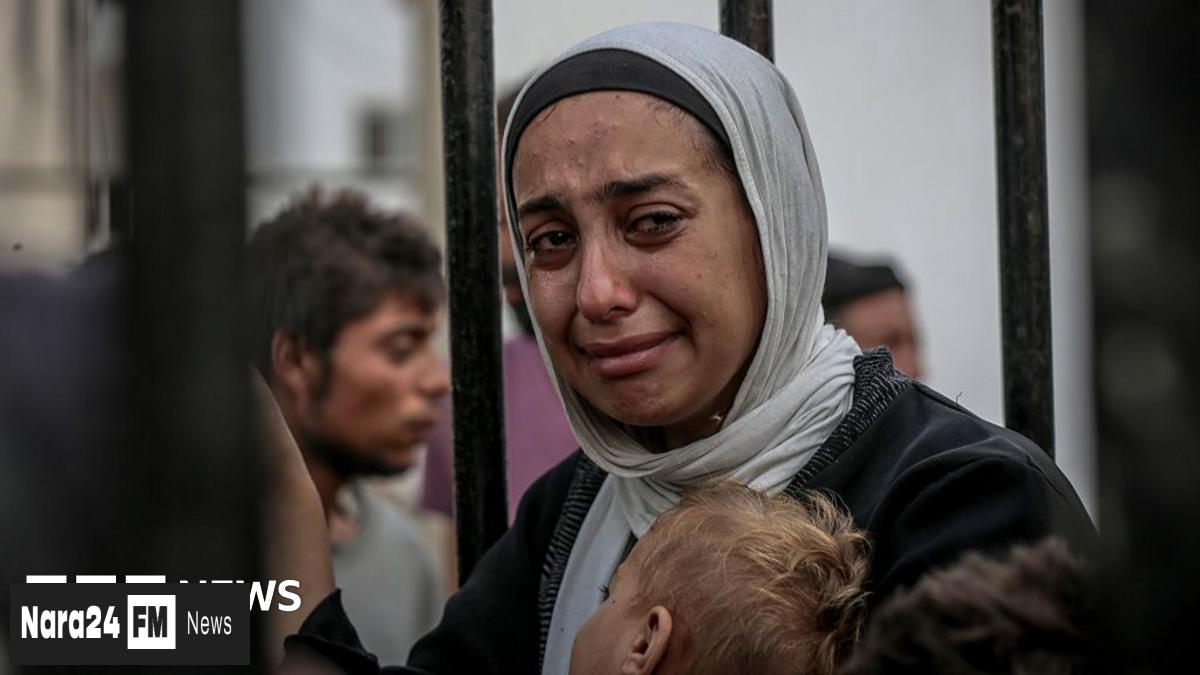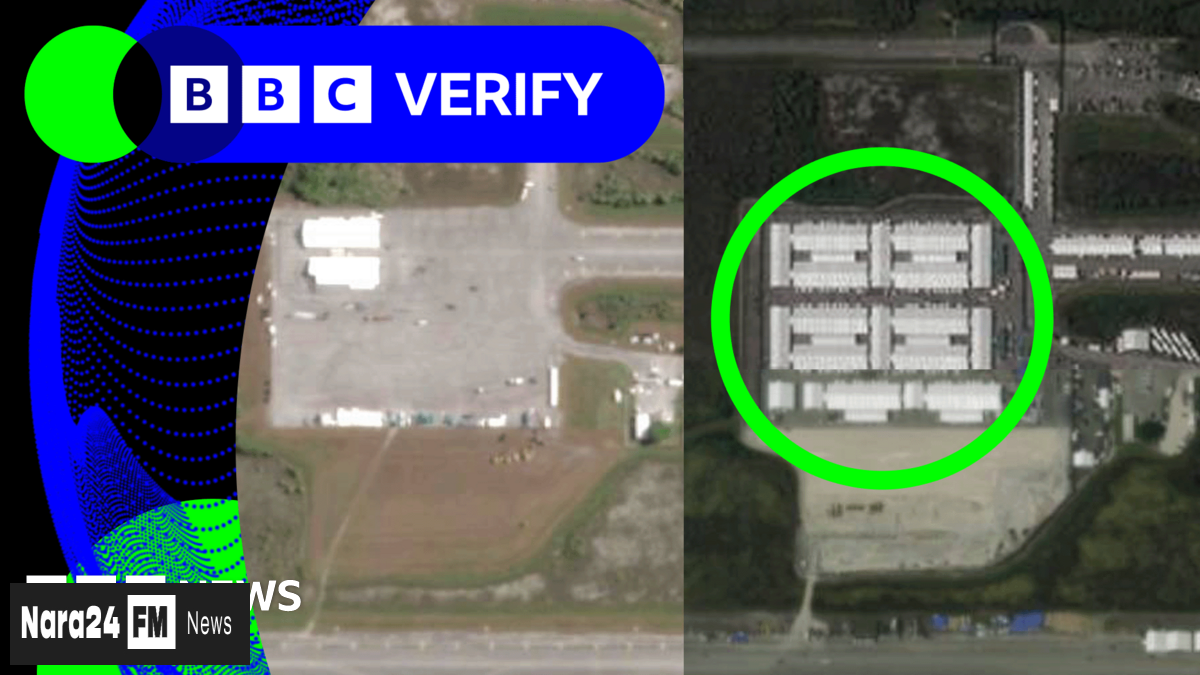In This Article
- Humanitarian Mission Under Scrutiny
- Tragic Toll in Gaza
- Clashing Narratives
- Contested Incidents
- Political Tensions Intensify
- Verification Challenges
Key Takeaways
- The Biden administration has sent special envoy Steve Witkoff to Gaza to assess humanitarian aid distribution amid a surge in aid-related casualties and escalating violence.
- Gaza's health ministry reported 111 deaths and 820 injuries in 24 hours, with 91 fatalities linked to attempts to access aid near Zikim and Rafah crossings.
- The UN warns of a 'currently unfolding' famine in Gaza due to restricted aid access, while Israeli officials dispute this, citing airdropped aid and established 'humanitarian corridors' as evidence of their efforts.
- Local residents describe lethal risks in obtaining basic supplies, with one account stating a cousin was killed while fetching flour, highlighting the dire humanitarian crisis.
- International journalists face restrictions in Gaza, complicating independent verification of aid distribution claims and the true extent of the humanitarian disaster.
Humanitarian Mission Under Scrutiny
The Biden administration has dispatched special envoy Steve Witkoff to Gaza on Friday, aiming to evaluate food distribution operations amid escalating violence. Joining Witkoff will be US Ambassador to Israel Mike Huckabee, as confirmed by White House Press Secretary Karoline Leavitt. The delegation plans to meet local residents and coordinate with international partners to "address this dire situation," according to Leavitt.
Tragic Toll in Gaza
Gaza's health ministry reported a staggering 111 fatalities and 820 injuries in a 24-hour period ending Thursday midday. The death toll includes 91 individuals killed while attempting to access humanitarian aid, with particularly devastating incidents occurring near the Zikim and Rafah crossings.
Clashing Narratives
- UN Warnings: UN-backed experts declared a famine "currently unfolding" among Gaza's 2.1 million residents, citing man-made starvation conditions linked to restricted aid access.
- Israeli Response: Israeli officials deny imposing blockades, asserting that 43 airdropped aid packages reached civilians this week. The IDF claims to have established "humanitarian corridors" with daily operational pauses, though the UN disputes their effectiveness.
Contested Incidents
On Wednesday, at least 54 bodies were delivered to Al-Shifa Hospital in Gaza City following clashes near the Zikim crossing. Palestinian Red Crescent sources reported 274 injuries from the same incident. The IDF attributed the violence to "gathering threats" near aid trucks, stating warning shots were fired without confirmed casualties from their operations.
Local Accounts Emerge
"My teenage cousin was killed fetching flour. His 'crime' was being Palestinian in Gaza,"
stated a local resident to BBC-affiliated journalists. Another interviewee described the death of a breadwinner father, emphasizing:
"They claim to deliver aid but their actions scream otherwise. The morgue is overflowing,"
Political Tensions Intensify
US President Donald Trump recently urged Hamas to "surrender and release hostages" to end the crisis, reflecting heightened diplomatic pressures. Meanwhile, Israeli officials threaten "new punitive measures" if ceasefire negotiations stall, with media speculating about territorial annexation in Gaza.
Verification Challenges
International journalists remain barred from entering Gaza independently, complicating independent verification. Health authorities report two starvation-related deaths, while aid organizations document chaotic scenes where civilians risk gunfire to offload supplies from delivery trucks.
Humanitarian Impasse
The visit by Witkoff follows coordinated efforts by the US and Israel-backed Gaza Humanitarian Foundation (GHF) to manage aid distribution. However, conflicting reports persist: while GHF oversees some distribution centers, local accounts and medical data suggest systemic barriers to accessing critical supplies.
As Witkoff's mission unfolds, the international community faces mounting pressure to resolve the crisis where, according to multiple sources, "basic survival has become a revolutionary act."








Comments (0)
Leave a Comment
Be the first to comment on this article!